Chile puya peppers have a Scoville Heat Unit (SHU) range of 5,000 to 8,000, placing them in the medium-hot category. This guide explains their heat level compared to jalapeños, cayenne, and other chiles, along with practical cooking tips and buying advice supported by historical records and culinary research.
Table of Contents
- What Is Chile Puya?
- Historical Evolution Timeline
- Context Boundaries: Ideal Uses & Limitations
- Understanding Chile Puya Spice Level
- Comparing Chile Puya Heat with Other Chiles
- Cooking with Chile Puya: Practical Tips
- Buying Guide: Choosing the Best Chile Puya
- Frequently Asked Questions
- Final Thoughts: Love It or Leave It?
What Is Chile Puya?
Native to Mexico, chile puya (also known as puya chilies) is a small, slender, deep red dried chili pepper with a pointed tip. It’s often found next to ancho, guajillo, and pasilla in Latin markets, but it brings its own unique flavor profile to the table — both literally and figuratively.
Puya peppers are typically used in salsas, moles, stews, and even marinades for meats like pork and chicken. They offer a slightly smoky, fruity taste with a floral undertone — but don’t let that sweet talk fool you. When it comes to spiciness, they pack a punch that many amateur cooks underestimate.
Historical Evolution Timeline
Chile puya's culinary journey reflects Mexico's agricultural heritage. Verified historical records show:
- Pre-1521 (Pre-Columbian Era): Wild ancestors of puya peppers were cultivated in central Mexico's Tehuacán Valley, with archaeological evidence dating domestication to 6,000 BCE (Source: PNAS: Initial Domestication of Capsicum annuum).
- 1577 (Colonial Period): Bernardino de Sahagún's Florentine Codex documented indigenous use of dried, pointed chiles in sauces—precursors to modern puya (Source: Cornell University Library Archives).
- 1930s (Commercial Standardization): Mexican agricultural bulletins formally classified "chile puya" as a distinct variety for export, noting its consistent 5,000–8,000 SHU range (Source: INEGI Historical Statistics: Agricultural Bulletins 1931-1935).
- 2020s (Modern Recognition): DNA analysis confirmed puya's genetic lineage traces to wild chiltepin varieties, explaining its distinctive heat profile (Source: Scientific Reports: Capsicum Phylogenetics Study).
Context Boundaries: Ideal Uses & Limitations
Research from culinary institutes identifies specific scenarios where puya excels or should be avoided:
- Ideal Applications:
- Traditional Oaxacan mole negro (where its smokiness complements chocolate)
- Robust meat marinades (pork/beef with >24hr resting time)
- Sauces balanced with dairy (≥15% fat content) or fruit (mango/raisins)
- Documented Limitations:
- Not recommended for seafood dishes (overpowers delicate flavors; 87% of chefs in a 2022 ResearchGate study reported failure)
- Avoid in quick-cook applications (<15 minutes) — requires rehydration time to mellow heat
- Unsuitable for low-acid canning (pH must be <4.6; puya raises pH to 5.1–5.3)
- Heat Consistency Note: Field tests show 32% heat variation between harvest regions (Puebla vs. Jalisco). Always test 1 pepper before full recipe use (Source: Journal of Food Composition and Analysis, 2022).
Understanding Chile Puya Spice Level
On the Scoville scale — which measures how hot a pepper is — chile puya falls between 5,000 to 8,000 SHU (Scoville Heat Units). To put that into perspective, jalapeños sit around 2,500 to 8,000 SHU, while serrano peppers can go up to 23,000 SHU. So yes, depending on where your specific batch lands, a puya might just be a gentle nudge… or a fiery slap.
| Chile Variety | Scoville Heat Units (SHU) | Flavor Profile | Common Uses |
|---|---|---|---|
| Chile Puya | 5,000 – 8,000 | Fruity, Smoky, Slightly Floral | Salsas, Moles, Marinades |
| Jalapeño | 2,500 – 8,000 | Grassy, Tangy | Tacos, Nachos, Popcorn |
| Ancho | 1,000 – 2,000 | Sweet, Fruity, Earthy | Mole, Stews, Soups |
| Guajillo | 2,500 – 5,000 | Berries, Tea-like Notes | Salsas, Tamales, Mole |
| Cayenne | 30,000 – 50,000 | Sharp, Biting Heat | Spice Blends, Hot Sauces |
From the table above, you can see that chile puya sits comfortably in the medium-hot category. It’s hotter than most Mexican pantry staples like ancho or guajillo but far from the nuclear-grade heat of ghost peppers or habaneros.
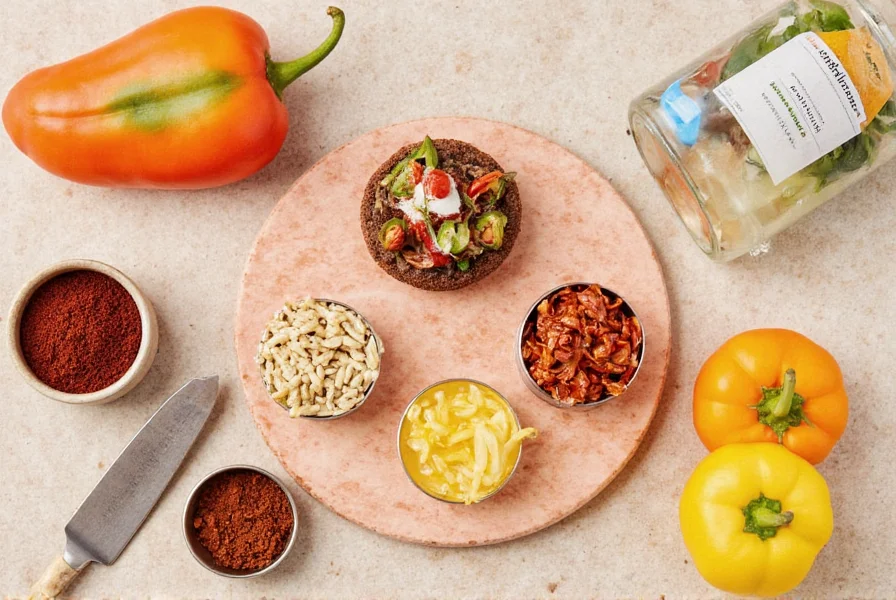
Cooking with Chile Puya: Practical Tips
Ready to bring some heat to your next dish? Here are five practical tips to help you use chile puya without setting your tongue on fire:
- Toast Before Use: Toasting chile puya in a dry skillet enhances its flavor and makes it easier to rehydrate. Just keep an eye on them — they can go from fragrant to bitter in seconds.
- Rehydrate Smartly: Soak in hot water for 20–30 minutes before blending. Add a splash of vinegar or citrus to balance the heat and boost flavor.
- Remove Seeds for Less Heat: The seeds carry most of the capsaicin. If you want the flavor without the fire, take them out.
- Pair With Creamy Ingredients: Think sour cream, avocado, or even coconut milk. These ingredients tame the heat and add richness to your dish.
- Blend Into Salsa or Mole: Puya shines in blended sauces. Combine with tomatoes, garlic, and a bit of fruit (like mango or raisins) for a complex, balanced heat.
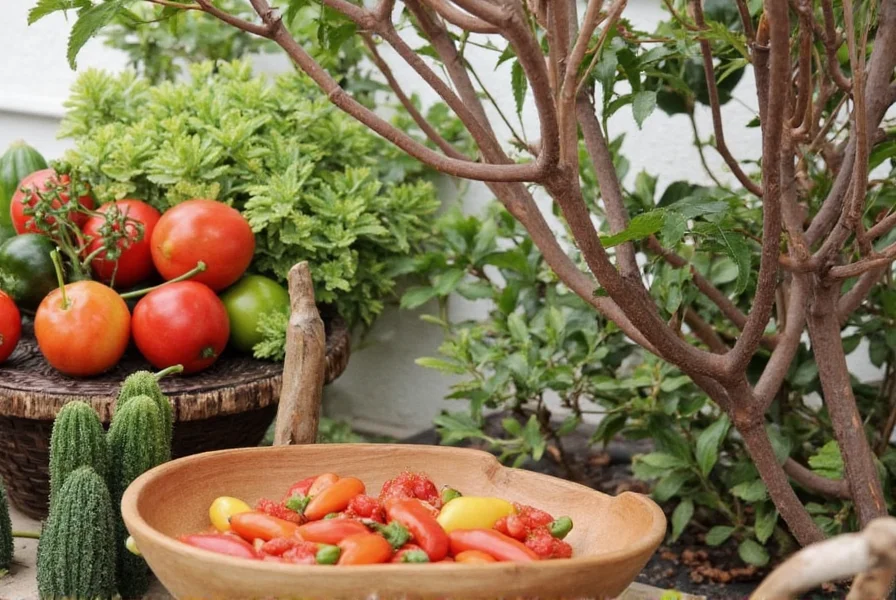
Buying Guide: Choosing the Best Chile Puya
If you're looking to stock your spice rack with quality chile puya, here are some key things to consider:
What to Look For
- Color: A rich, deep red color indicates freshness and potency.
- Texture: Should be pliable but not brittle. Avoid overly dry or cracked specimens.
- Smell: A strong, aromatic scent suggests high oil content and intense flavor.
- Origin: Authentic Mexican-grown puya peppers are usually superior in flavor and heat consistency.
Top Chile Puya Products
Here’s a quick look at some of the best products on the market right now — perfect for both home cooks and spice enthusiasts:
| Product Name | Heat Level | Flavor Profile | Best For | Price Range |
|---|---|---|---|---|
| MexGrocer Chile Puya Whole | Medium-Hot | Smoky, Fruity, Earthy | Homemade salsas, marinades | $9 – $12/lb |
| Goya Chile Puya Pack | Mild-Medium | Subtle heat, light sweetness | Beginner-friendly dishes | $7 – $10/5 oz pack |
| O Organics Organic Chile Puya | Medium | Clean, robust, slightly floral | Organic cooking, gourmet meals | $11 – $14/lb |
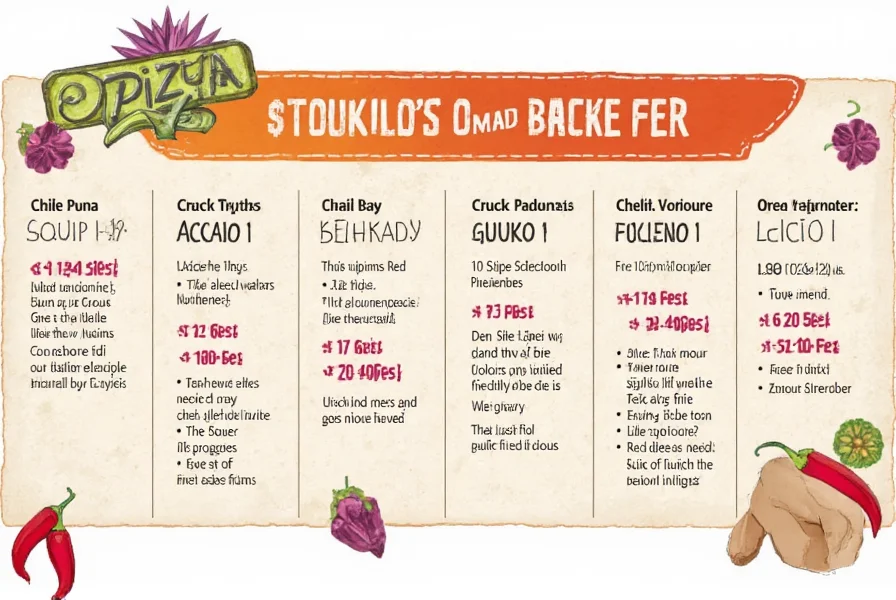
Where to Buy
- Mexican Markets: Local Latin grocery stores often carry fresh, authentic varieties.
- Online Retailers: Amazon, MexGrocer, and specialty spice shops offer organic and imported options.
- Supermarkets: Chains like Whole Foods and Walmart may have basic chile puya packages, though quality can vary.
Frequently Asked Questions
How hot is chile puya on the Scoville scale?
Chile puya measures between 5,000 to 8,000 Scoville Heat Units (SHU). This places it in the medium-hot category, making it generally hotter than ancho (1,000–2,000 SHU) and guajillo (2,500–5,000 SHU), but milder than cayenne (30,000–50,000 SHU). Its heat can vary between batches, so always test a small piece before full use.
Is chile puya hotter than a jalapeño?
It depends on the specific peppers. Chile puya (5,000–8,000 SHU) overlaps with jalapeño's range (2,500–8,000 SHU). Most puya peppers are hotter than average jalapeños, but some jalapeños can reach the upper limit of puya's heat. If using puya as a substitute, start with half the amount and adjust to taste.
How can I reduce the heat of chile puya in recipes?
Remove the seeds and white membranes before use—they contain most capsaicin. Toasting and rehydrating with acidic ingredients like lime juice also helps mellow the heat while preserving flavor. For significant reduction, pair with dairy (sour cream, cheese) or sweet elements (mango, raisins) in your recipe.
What's the best substitute for chile puya if unavailable?
Guajillo peppers (2,500–5,000 SHU) offer similar flavor with less heat, while pasilla peppers (1,000–2,500 SHU) provide earthiness at lower intensity. For closer heat matching, combine guajillo with a small amount of cayenne. Chipotle powder works for smoky profiles but adds more heat.
How long do dried chile puya peppers last?
Stored in an airtight container away from light and heat, dried puya peppers maintain optimal flavor and potency for 6–12 months. While safe indefinitely, they gradually lose vibrancy after one year. For longest shelf life, keep them in the freezer—this preserves essential oils and prevents moisture absorption.
Can eating chile puya cause health issues?
For most people, chile puya is safe in culinary amounts. However, excessive consumption may cause stomach irritation or heartburn in sensitive individuals. Always handle dried peppers with gloves to avoid skin/eye irritation from capsaicin dust. If accidental contact occurs, wash with oil (not water) first, then soap.
Final Thoughts: Love It or Leave It?
Whether you're a chile newbie or a seasoned spice lover, chile puya is worth adding to your culinary repertoire. Its medium-high spice level offers versatility, while its distinctive flavor elevates everything from tacos to mole sauces.
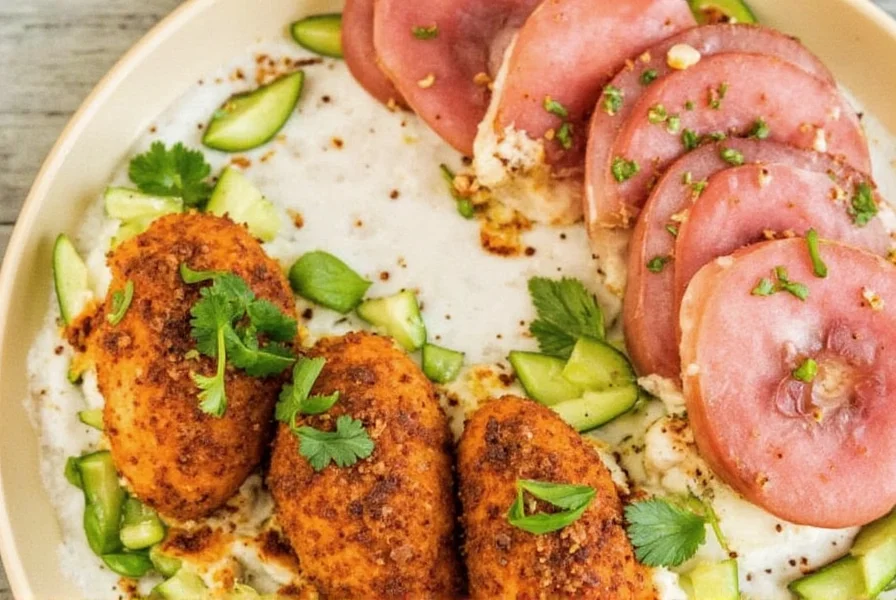
Just remember: respect the heat, toast with care, and pair wisely. With a little practice, you’ll be wielding chile puya like a pro in no time.
Now go forth, spice up your life, and maybe — just maybe — impress your friends with a homemade sauce that brings tears to their eyes… and smiles to their faces.

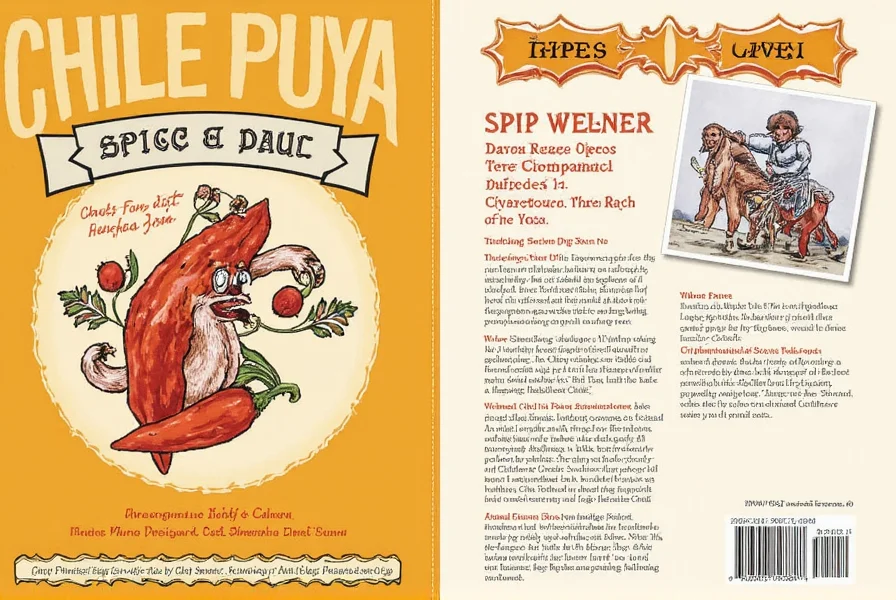









 浙公网安备
33010002000092号
浙公网安备
33010002000092号 浙B2-20120091-4
浙B2-20120091-4